Stand For
Marine Protection
![]()
Catalyzing Ocean Policy
Our work needs to drive impact and have real-world outcomes that pave the way for a better ocean. Our research and engagement strategy is tailored to inform – and sometimes even drive – policy change at all levels, from local, to regional, and international.
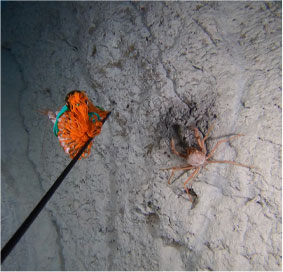
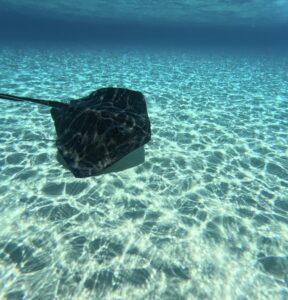
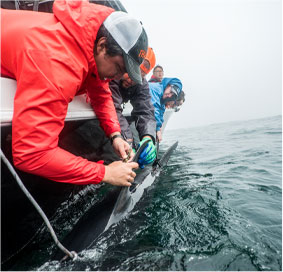
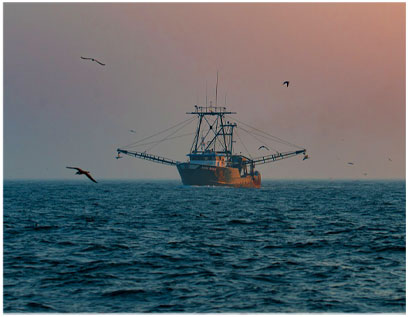
Marine Protected Area Legislation: In 2019, Beneath The Waves begun working with a handful of Caribbean nations, local governments, and stakeholders interested in creating marine protected areas to protect threatened species such as sharks, rays, and grouper. Current regions include work Turks and Caicos and Grand Cayman.
First long-term study of shark sanctuaries: Beneath The Waves launched a long-term study of how big marine protected areas benefit threatened shark species. To date nearly 200 sharks have been tagged, screened, and are being monitored from space and underwater via fixed receiver stations across 200,000 sq. km in the Bahamas. Results have been inserted into conservation plans to sustain and strengthen the existing MPA network.
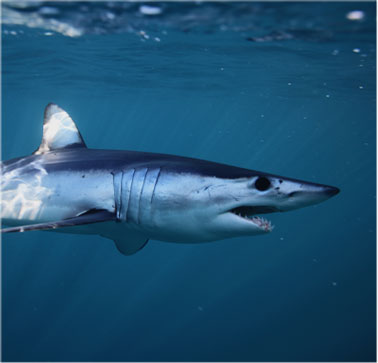
Mako sharks receive international conservation action: Creation of policy-documents synthesizing new data for the 2019 proposals for oceanic sharks to be listed on the Convention of International Trade of Endangered Species (CITES). The proposal to add new regulations for two species of mako sharks received were successful, receiving record-breaking support. CITES is a multilateral treaty to conserve endangered flora and fauna through the improved reporting of trade.
New protected areas: Identification of 3 critical biological hotspots zones within the Bahamas Exclusive Economic Zone to be considered for new spatial zoning under the country’s commitment to protecting 20% of its waters by 2020










